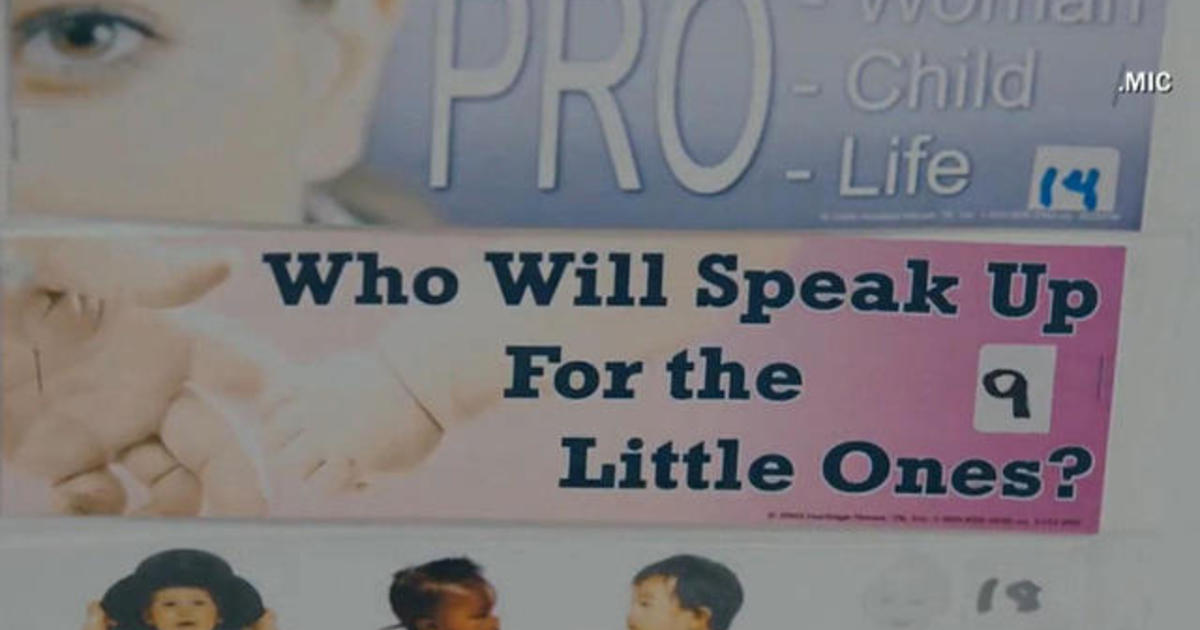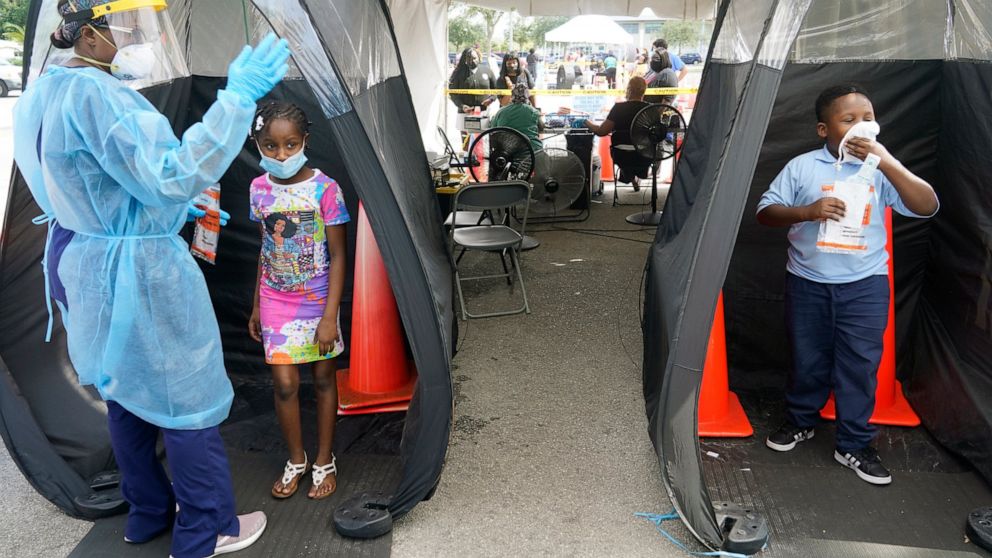
A Texas law banning most abortions in the state took effect at midnight, but the U.S. Supreme Court has yet to act on an emergency appeal to put it on hold.
If allowed to remain in force, the law would be the most dramatic restriction on abortion rights in the United States since the high court’s landmark Roe v. Wade decision legalized abortion across the country in 1973.
The Texas law, signed by Republican Governor Greg Abbott in May, would prohibit abortions once a fetal heartbeat can be detected, usually around six weeks and before most women even know they’re pregnant.
Abortion providers who are asking the Supreme Court to step in said the law would bar 85% of abortions in Texas and force many clinics to close.
Planned Parenthood is among the abortion providers that have stopped scheduling abortions beyond six weeks from conception.
The American Civil Liberties Union called the law “radical” and said, “Access to almost all abortion has just been cut off for millions of people. The impact will be immediate and devastating.”
“Many Texans will be forced to carry pregnancies against their will,” the ACLU tweeted.
The organization described the law as “a full-scale assault on patients, our health care providers, and our support systems. This abortion ban is blatantly unconstitutional. We won’t stop fighting until it’s blocked.”
“This is a racial and economic justice catastrophe,” the ACLU added. “Decades of racism and structural inequality within the health care system have left Black and Latinx people and anyone trying to make ends meet with few alternatives to the cruel reality that Texas politicians have created.”
At least 12 other states have enacted bans on abortion early in pregnancy, but all have been blocked from going into effect.
What makes the Texas law different is its unusual enforcement scheme. Rather than have officials responsible for enforcing the law, private citizens are authorized to sue abortion providers and anyone involved in facilitating abortions. Among other situations, that would include anyone who drives a woman to a clinic to get an abortion, including rideshare drivers. Under the law, anyone who successfully sues another person would be entitled to at least $10,000.
The ACLU said that provision “actively encourages private individuals to act as bounty hunters.”
Abortion opponents who wrote the law also made it difficult to challenge it in court, in part because it’s hard to know who to sue.
Texas has long had some of the nation’s toughest abortion restrictions, including a sweeping law passed in 2013 that the Supreme Court eventually struck down but not before more than half of the state’s 40-plus abortion clinics closed.
Lawmakers also are moving forward in an ongoing special session in Texas with proposed new restrictions on medication abortion, a method using pills that accounts for roughly 40% of abortions in the U.S.

